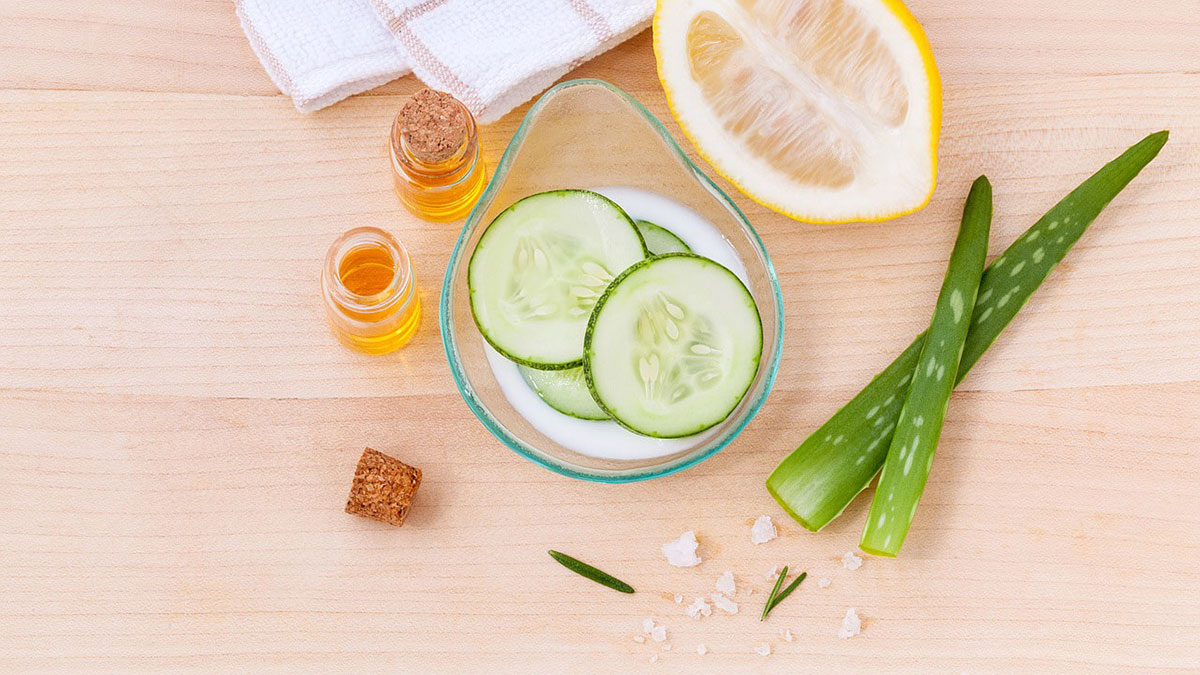Well great, you have stress acne: here’s your zit-zapping guide
 Supplied
SuppliedIf there’s one thing that’s more disastrous than a red, torturous zit on your face, it’s getting one during final exams.
Students will get stressed during finals week, it’s inevitable, and with that comes bouts with stress acne. There are a million myths and remedies on the Internet and folklore on how to prevent and treat pimples, so The Gateway caught up with zit-zapping dermatologist Jaggi Rao on how to annihilate acne.
Does stress actually cause acne?
When students are stressed, there are stress hormones, such as adrenaline and epinephrine, that can promote stress acne when their levels are in fluctuation. For men, testosterone tends to increase with stress, which can lead to accelerated beard growth and cause your skin to oil up. For women, progesterone causes excess oil production as well. The oil build-up causes increased bacterial growth, as bacteria digests the triglycerides in the oil, which causes pimples.
Rao added that indirect stress can cause acne as well.
“Indirect stress — when you’re stressed out and not focused on your hygiene and proper washing and moisturizing — can promote acne.”
Is there anything students can do to prevent stress acne?
It’s important not to overlook daily hygiene during finals period, Rao said. He recommends washing your face two or three times daily, even with just water, to prevent oil residue from collecting on the skin. “If you can reduce that from accumulating, you’ll reduce your acne,” Rao said.
It’s also essential to moisturize the skin.
“The drier your skin is, especially during the winter, the more it promotes oil production,” Rao said. “You can fool the body by putting some moisturizer on the skin.”
As for the assortment of face wash and cleansers in drugstore aisles, Rao said it’s preference and depends on what your body can tolerate. He doesn’t use one himself — just water.
So you get the stress acne (it’s OK, everyone does). What do you do now?
There’s several over-the-counter fixes Rao recommends. Anything with Benzyl-Peroxide will act as an anti-bacterial agent and cause the skin to dry out, preventing excess oil build-up. A physician or dermatologist should also be able to prescribe some at a lower cost.
If you’re in a hurry and need a true quick-fix, your doctor or dermatologist should have an injectable cortisone shot on hand to cause swelling and redness to go down in a pinch. They also may be able to treat your skin with liquid nitrogen, as cold temperatures can cause those pimples to “melt away,” Rao said. Some ice cubes over the affected area could work as a temporary solution with fairly similar results.
What about every impatient teenagers favourite past-time: popping it?
Those with darker or sensitive skin should refrain from popping those nasty pimples, as it could easily lead to scarring.
“Sometimes it can make a small pimple look even worse,” Rao said. “Typically a pimple contains lots of oil, if it leans the wrong way or goes too deep, it will cause more bacterial build-up and scarring.
“There’s a lot of topical medication that will do it microscopically and continuously rather than popping your skin.”
OK, but people are going to pop anyways. Is there a “proper” way to do it?
Rao will never recommend popping a zit, but for smaller whiteheads or pustules, slight pressure should cause the pimple to de-roof and exude some of the gunk inside of it. If you don’t feel confident doing it yourself, a dermatologist should be able to do it for you.
“Sometimes we do pop pimples, just to alleviate pressure and prevent pressure build-up,” Rao said. “Some people go in there themselves and gouge it out. It’s not necessary, as pressure will be alleviated at the weakest point.”
Students eat like crap during finals. Does that have anything to do with it?
Refined sugars, including pop and chocolate, can cause outbreaks of acne, Rao said. Also, anything that is hormone-saturated, such as milk, can promote acne. Energy drinks when students pull all-nighters, which contain high saturated sugars, are also acne-causing sources. Many recommend drinking plenty of water, and while it may prevent someone from consuming sugary drinks, water itself doesn’t directly affect acne growth or prevention, Rao said.
“The most important thing is skin fitness,” he said. “If you have good skin fitness throughout the year, you don’t have to worry about (stress acne) as much. Your skin will take care of itself. Bottom line: don’t forget about your skin. Have a good plan or regimen. See a dermatologist.”



